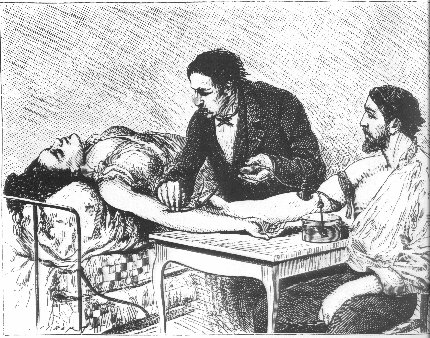Research
Life is fragile at best. At worst it is undervalued. Prolonging it and maintaining its quality is something most doctors have at least thought about.
Me — I was brought up by family values as well as institutional values to venerate the academic system as a seeker of truth, guardian of highest ethics.
I thought that the institutions that regulated clinical research, whether they were academic or not, were at least trying to be ethical in the face of mounting economic pressures from those who develop substances to be used for the human body, to prolong and maintain life. Some people still believe in this.
Some people, even some I can call “friend,” consider me a failed academic, someone who could have contributed more to society had she written more papers that somebody thought were good enough to publish in medical journals.
All of the above is unadulterated lies and total BS that has kept many competent minds devoting their lives to ideals that are later sold to the highest bidder.
I don’t think I have any lingering doubts that my running from academics, yelling and screaming, was the best decision I ever made.
The story of Polyheme – developed as a synthetic substitute for human blood — is perhaps the worst example of human rights having been sold down the river for development of something of serious danger (if you believe the publically published academic results) and at best, unproven help (are they really keeping this kind of secrets from us so the company developing this junk can make money?) to either prolonging or maintaining life.
The story is complicated, but basically, here it is.
Read more on Substitute Blood — A Failure Of Clinical Ethics…
Filed under Research by admin on Feb 24th, 2010. Comment. ![]()
